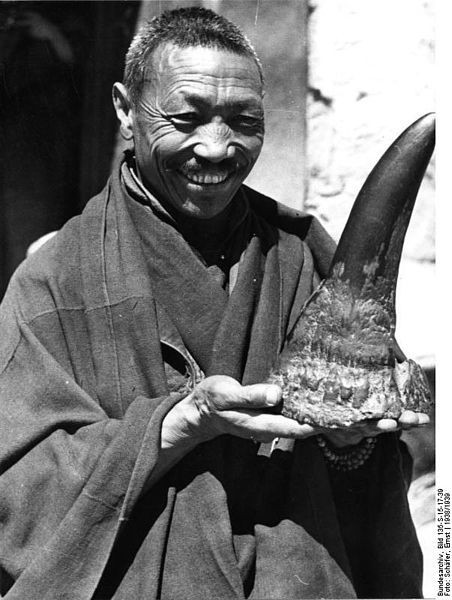Vietnamese Millionaires Using Rhino Horns For Hangover Cure

The use of a rhinoceros horn dates back thousands of years in cultures all over the world, ranging from medicinal value in China to cups and bowls in Africa. Unfortunately, the increasing demand for the illegal product has led to the near extinction of all five rhinoceros species on earth.
Rhino horns are held at a higher value compared to the horns of other animals such as goats, deer, and buffalo because they are composed primarily of keratin. Keratin is the same protein that makes up our hair and fingernails, and is known for its ability to identify poisons.
Currently Vietnamese investors are paying the most for rhino horns that they believe protect against various illnesses including the common hangover. Equal to the price of gold, rhino horns currently run for $1,400 an ounce in the country, Quartz reported.
After the sale of illegally-obtained rhino horns died down in the early 1990s, the demand rose again in 2008 after a Vietnam politician claimed he was cured of cancer using the remedy. Another reason Vietnamese millionaires are going far and above to obtain the controversial export is for relief after a long night of drinking.
Some groups in the country suggest that grounding the horn up into cocaine-like powder can offer similar effects of the drug and can, ironically, prevent a looming hangover due to a long night of partying. Vietnamese experts maintain that keratin's ability to sense toxicity can safeguard against liver failure and rid the body of harmful toxins.
Although it can be difficult to reap genuine medicinal use out of a rhino's horn, one thing is certain, 668 rhinos were killed by poachers last year alone. Compare that to the number of rhinos poached just five years earlier in 2007 - 13 - and you can start to imagine the scale of this epidemic.



























